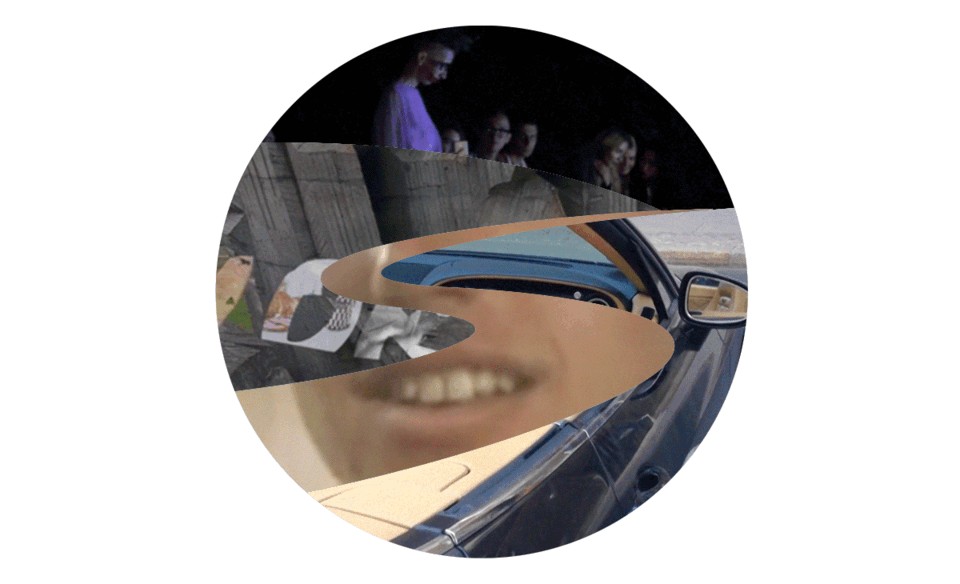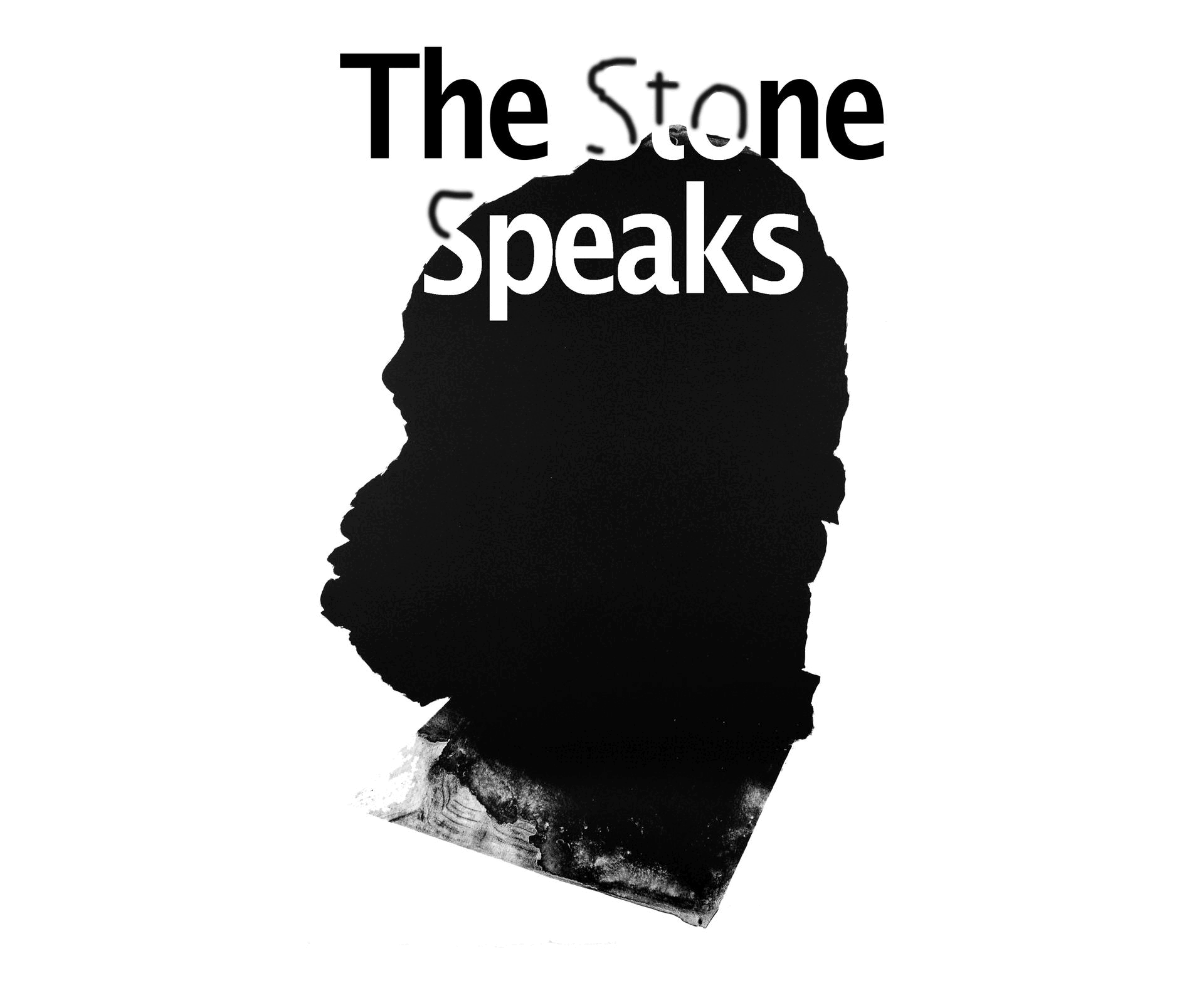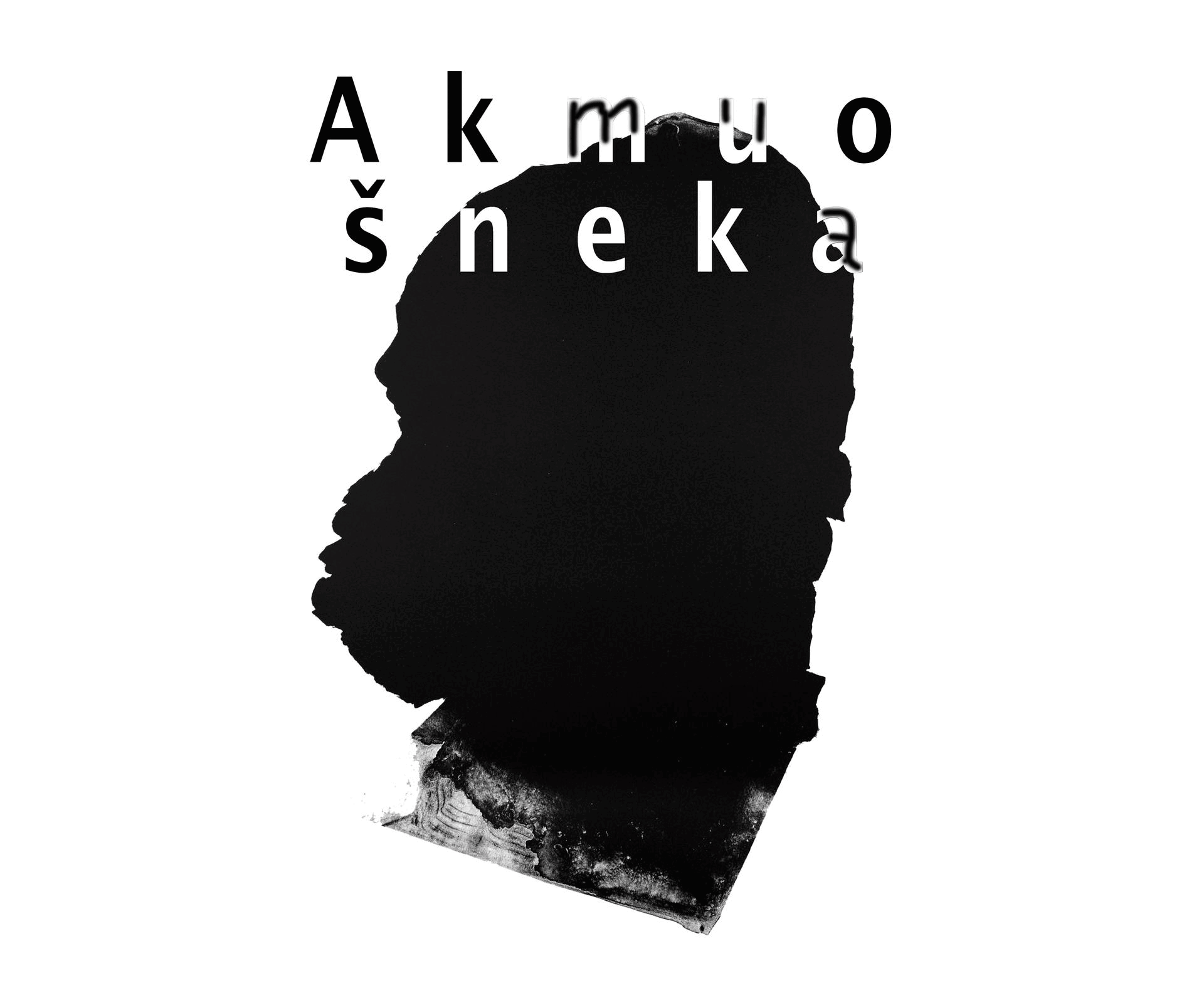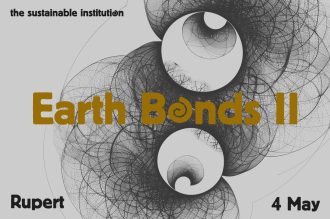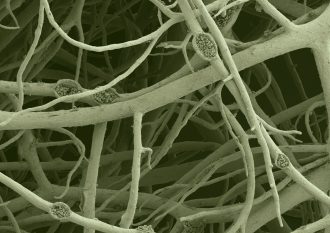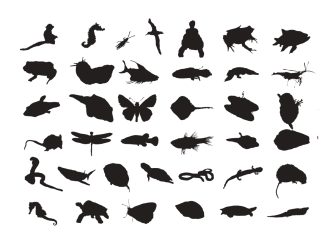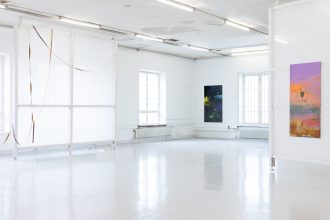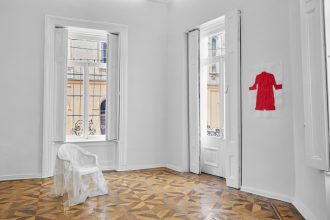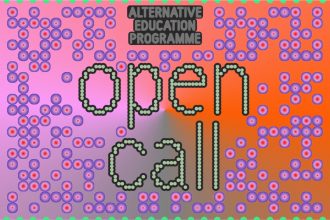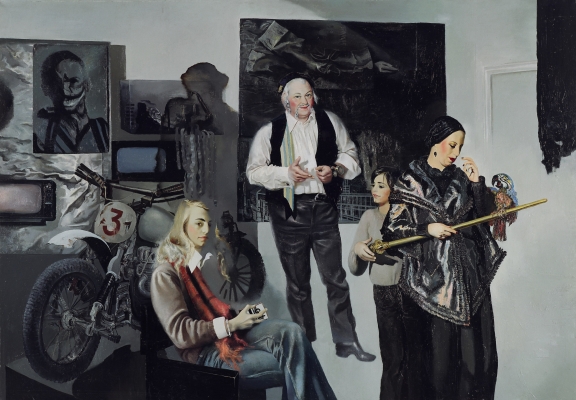
Maija Tabaka. Artist Wolf Vostell with Family. 1978. Oil on canvas. Collection of the Latvian National Museum of Art
The exhibition “Maija Tabaka and West-Berlin” will be on view at the ARSENĀLS Exhibition Hall of the Latvian National Museum of Art in Riga (Torņa iela 1) from 9 June to 20 August 2017.
Ever since the most popular Latvian woman artist Maija Tabaka’s (1939) stay in West-Berlin in 1977–1978 and her extensive 1979 personal exhibition Maija Tabaka (Riga). Bilder 1962–1978 at the epicentre of the city’s cultural life, the Künstlerhaus Bethanien, German art critics still refer to the painter as “bird-of-paradise”. Upon her arrival, Maija had left such a huge impression with her striking image as well as her brilliant painting that her new-found friends had called her “Soviet countess”. For the artist from what was then Soviet Latvia the time spent in West-Berlin was an unlikely and unique opportunity to break into the world and to feel “the wind beneath the wings”.
In 1977, thanks to the DAAD (German Academic Exchange Service) scholarship acquired with the initiative of the West-Berlin-based Latvian, art manager Valdis Āboliņš (1939–1984), Maija Tabaka arrived in the West European art metropolis. In the 1970s, West-Berlin was a tolerant place, open to all that was new and experimental, attracting creative individuals from across the globe. In art, different movements were prominent – there were several strains of realism, expressive painting was regaining currency (Junge Wilde), German conceptualism established foothold. Berlin’s neue Gesellschaft für bildende Kunst (nGbK), under whose tutelage Maija Tabaka worked, was a left-leaning organisation which was more connected with the traditions of realism.
Undeniably, this period was a very significant turning point in Maija Tabaka’s life. Nevertheless, instead of marking an entirely new beginning, it was a testament to the artist’s ability and its acknowledgement on a new level. It seems, she left the artistic tendencies of her home country behind all the more convincingly and sought her own way, ambitiously and curiously turning to the forms of expression that had already taken shape in Western Europe and America. Both in the 70s and later the painter’s works from her West-Berlin period have caused profound interest with their outward expressiveness and colour schemes, they have captivated with their flow of visions, which fuse nature and imagination, depicting intense everyday conflicts and expressing an opinion on the subject of drug addiction, which at the time was only discussed publicly in the Western world. Moments’ tension contains the essence of the events and the key with a focus on destructively publicistic problems. In the context of new art in Germany, the paintings reveal points of contact in the dramaturgy of ideas and the plurality of expressive means.
The project Maija Tabaka and West-Berlin at the ARSENĀLS Exhibition Hall of the LNMA is partly an interpretation of the artist’s 1979 personal exhibition in an attempt to remind about her first international achievements with the benefit of historical distance, at the same time giving a brief overview of life’s rhythm in the then-divided Berlin, and encouraging to discover the ways in which Maija Tabaka both conformed to and differed from the cultural processes which were taking place there. The exhibition mainly deals with the master’s oeuvre of the late 70s, providing an insight in the work of several internationally renowned West-Berlin artists, including Wolf Vostell, Salomé (born Wolfgang Ludwig Cihlarz), Dieter Masuhr, and Rainer Fetting. The exhibits have been selected from the holdings of the Latvian National Museum of Art, Museum of the Artists’ Union of Latvia, Berlinische Galerie, Ludwig Forum Aachen as well as the private collections of Wolf Vostell, Jutta and Manfred Heinrich, Zuzāns family, and others in Germany and Latvia. In connection with the exhibition, Gallery 21 has published a catalogue containing an interview with the artist, critics’ essays and memories of Maija Tabaka’s friends from West-Berlin.
EXHIBITION CURATOR:
Ivonna Veiherte, art historian / Riga, Latvia

